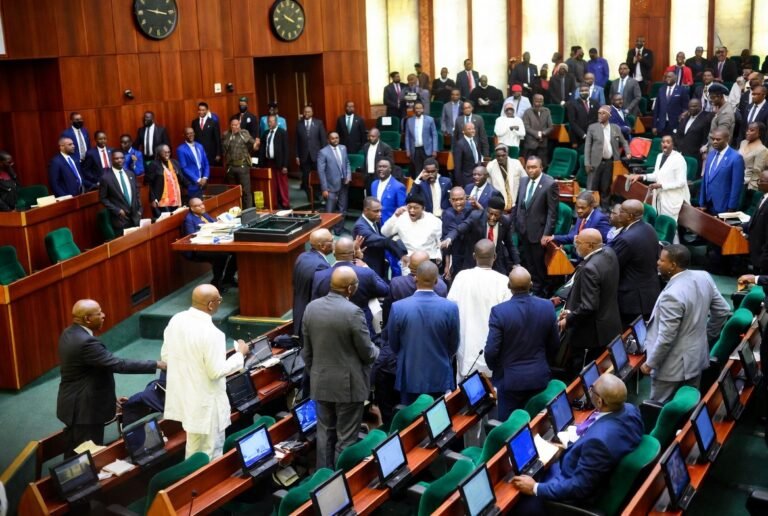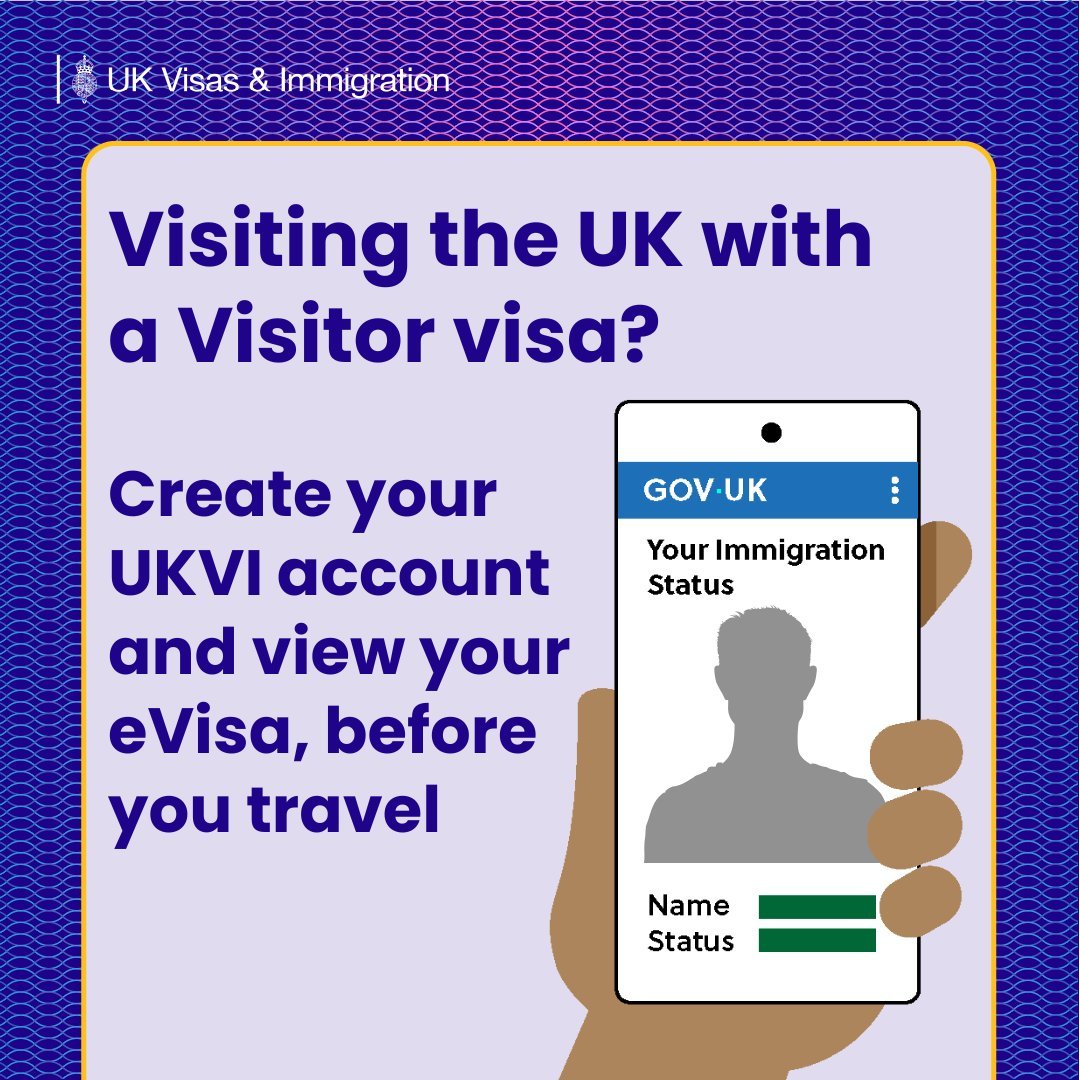The European Union’s upcoming European Travel Information and Authorisation System (ETIAS) is set to launch in late 2026. However, Officials from Brussels says its €7 fee could rise before it even begins, driven by the EU’s post-pandemic financial strain.
Designed for visa-exempt travelers from countries like the US, UK, Canada, Japan, and Australia, ETIAS will streamline entry into the Schengen Area. This digital pre-screening system, akin to the US ESTA and UK ETA, promises three years of unlimited short stays across 30 European nations.
Economic pressures are fueling talks of a fee increase. The EU’s €350 billion COVID-19 recovery debt has officials eyeing ETIAS as a revenue source, with discussions gaining traction ahead of the July 16, 2025, EU budget announcement.
No official proposal exists yet, but a 2018 fee review is underway. According to POLITICO, EU leaders are considering adjustments for inflation, system costs, and long-term revenue potential.
At €7, ETIAS remains a bargain compared to the US ESTA’s $21 or the UK ETA’s £16. Poland’s EU Council presidency memo advocates a “gradual increase” to maintain affordability while boosting bloc revenues.
ETIAS is projected to generate over €200 million annually at its current fee. Yet, this is a drop in the bucket against the €25–30 billion yearly debt repayments starting in 2028.
Targeting foreign travelers rather than EU citizens, a fee hike could be politically savvy. Brussels is also exploring a €2 tax on fast-fashion platforms like Shein and Temu to diversify revenue streams.
ETIAS will mandate pre-screening for over 60 visa-exempt nations, enhancing Schengen border security. Set to follow the Entry-Exit System (EES) rollout in October 2025, it aims to ease border management.
Travelers may accept a modest fee increase given ETIAS’s low cost relative to global counterparts. However, abrupt changes or lack of transparency could ignite backlash over bureaucratic travel costs.
For those planning European trips in late 2026 or beyond, staying informed is crucial. Official EU sources and national travel advisories will provide clarity as ETIAS’s launch and pricing evolve.


























